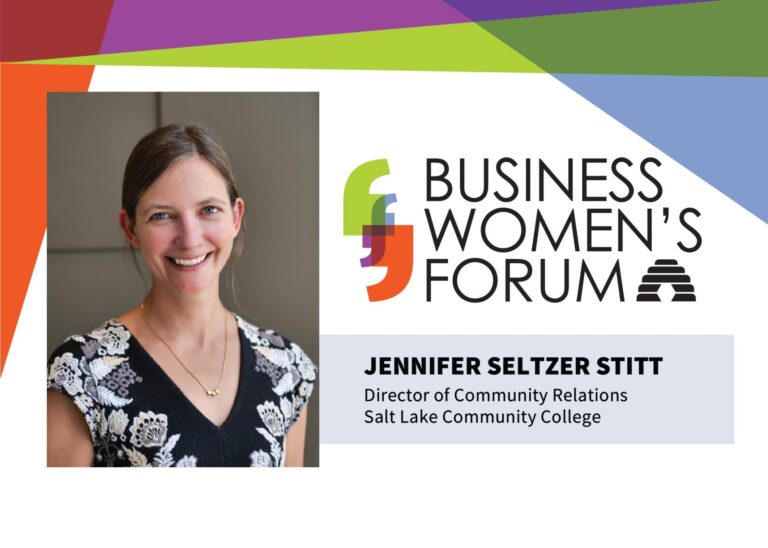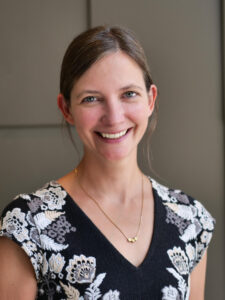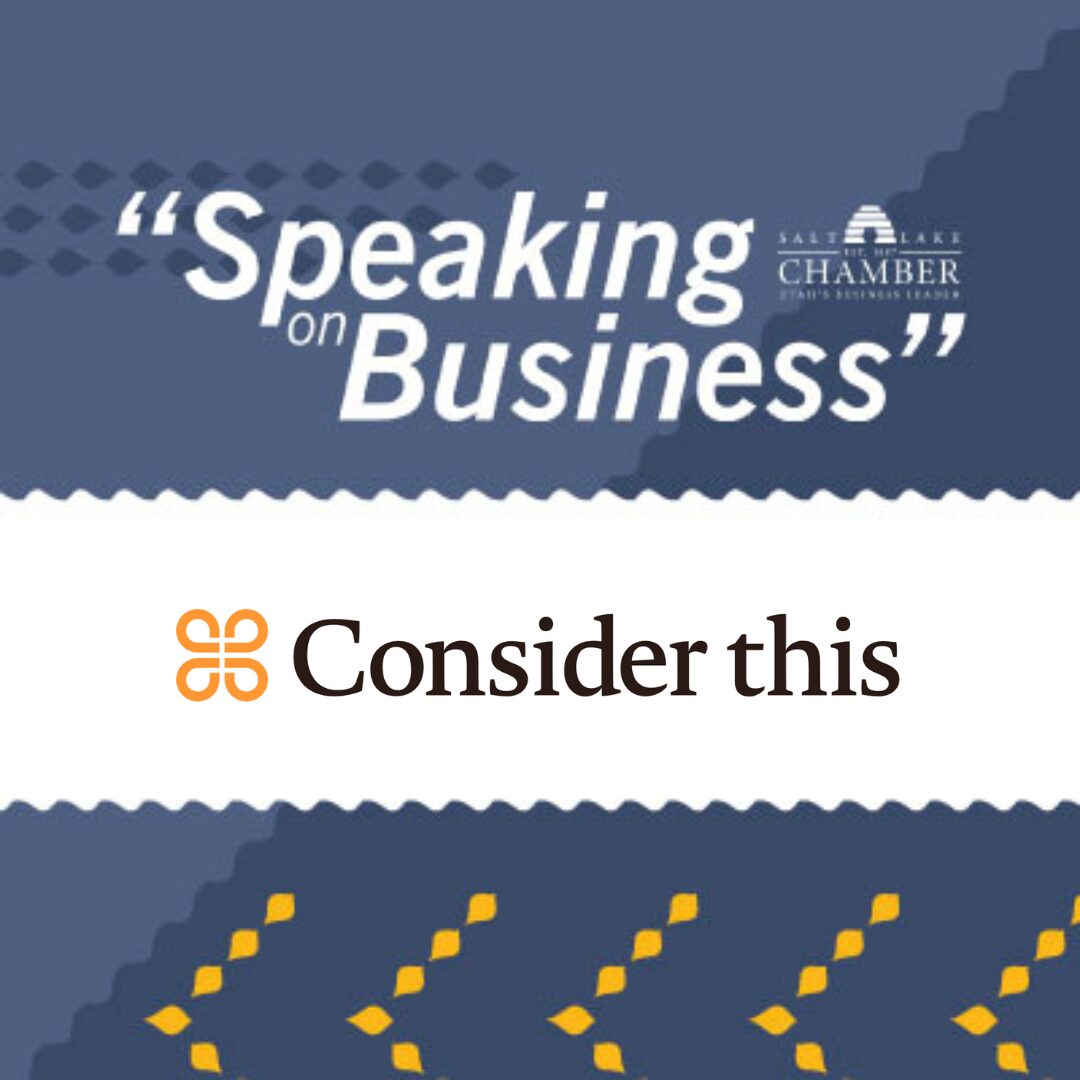I recently attended a meeting with a group of good people, many of whom I had not seen in person for a long time. In fact, it was the first time this particular group had gathered around a table in nearly two years. As each person joined the group, they were inevitably greeted with warmth and then asked, with real sincerity, “How are you doing?”
It’s a question most of us traditionally answer automatically: “Fine, and you?” This time though, the answer was more complex. We’ve all been through too much in the past few years to put much faith in a rote “fine.” The pandemic has brought illness and family deaths to the lives of many, and even those of us who escaped the worst of COVID may have been victims of attendant anxiety or “languishing.” Current events — which include the war in Ukraine and any number of cultural and political clashes here at home — have done their part to make “fine” seem even more impossible.
As we moved on with our meeting to discuss the work at hand, it occurred to me that we may be headed to something stronger than “fine.” There’s no way to go through what we’ve been through — whatever form it took for each of us — and not change. This is a moment of transition, and there’s something exciting in that. In the past few years, we have had to simultaneously navigate uncertainty, find ways to heal and rise to meet the challenges ahead. In doing so, I believe we have uncovered a few ways we can approach our work more intentionally:
- Be human. Nothing is more human than connection. During the height of the pre-vaccine pandemic, our family members, pets, concert posters and bookshelves all made (sometimes unexpected) Zoom appearances. At first, there was something horrifying in this messiness. Ultimately, though, we came to see our colleagues as more fully dimensional people, and, almost as important, it forced us out of our own comfort zones. As we are returning, I think we’re finding ways to see each other as we’ve come to know one another, as people rather than the titles that follow our names. It is a slow process to create spaces where we don’t ask people to disguise who they are or how they are doing to prove their professional value, but in my experience, it is worth it. It creates more rewarding connections and deeper collaborations with colleagues. As a result, the programs we develop together will reflect our best thinking and better serve our constituencies.
- Make it meaningful. A lot of us are redefining how we make work a meaningful part of our lives and how we can use our time, energy, and talent to make significant contributions to our organizations. People ask themselves if they are doing something because they have something to offer and if their work supports their passion. On good days, this is an exercise in optimism and renewing for both the individual and the organization.
- Find hope in your work and the contributions of others. It is easy to doomscroll our way through a day and forget that the work we do is exciting. When I look around me, I see people doing groundbreaking research, lifting up voices that deserve and need to be heard, and building programs and organizations that meet individual needs and serve as a catalyst for community building.
In the “new normal” of the early days of the pandemic, we were desperate to return to a time when we were “fine.” Now, I think we’re aware that there is something better, though. As we move into the next phase of our lives, I hope you will join me in reaching for those connections and ideals that remind us of the very real strengths of our colleagues and the power of our individual and collective work to put good into the world.
About the Writer: Jennifer Seltzer Stitt
Jennifer Seltzer Stitt is Director of Community Relations at Salt Lake Community College. She
works to strengthen the College’s role within our community and facilitates support for a
variety of college initiatives. Throughout her career, she has worked with nonprofits,
government, and community to create systems change and give people the platform and tools
they need to succeed. Jennifer earned her bachelor’s from Miami University and her master’s
from the Johns Hopkins School of Advanced International Studies.



